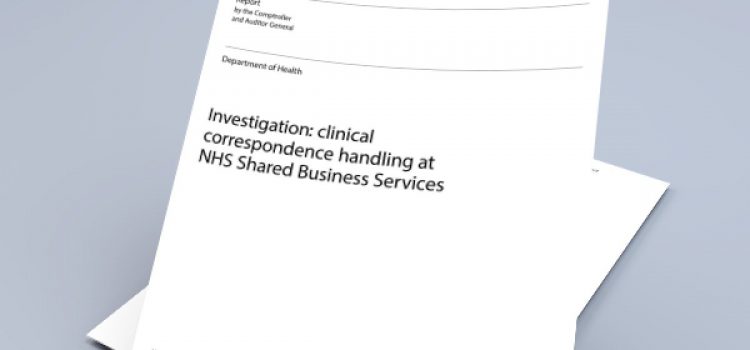What is PPE?
PPE stands for Personal Protective Equipment and is defined in the Personal Protective Equipment at Work Regulations as:
‘All equipment (including clothing affording protection against the weather) which is intended to be worn or held by a person at work which protects them against one or more risks to their health and safety’.
Examples of PPE equipment in the workplace include hard hats, goggles, high visibility jackets, safety footwear, safety harnesses, and respirators.
Who should provide PPE?
The provision of PPE in the workplace is covered by the Personal Protective Equipment at Work Regulations 1992. Under this legislation, employers have duties concerning the selection, provision, maintenance, storage and correct use of personal protective equipment. Employees must be appropriately trained on how to use the PPE required for each specific task. The cost of providing PPE must be covered by the employer and employees should not be expected to contribute in any way, towards the provision or maintenance of PPE.
Employees also have a duty regarding the use of PPE. Under the work regulations, employees must take reasonable steps to ensure that PPE provided is used properly and responsibly. Additionally, workers must wear PPE in accordance with an instruction which has been provided to them. Inspection before use should be made by the user and any defect or concern about the equipment reported to the appropriate line manager. PPE should be returned to the designated storage unit after use. Employees should only undertake work in which they have been suitably trained and qualified to perform.
Whilst PPE is important in reducing the risk of injury, employers should only use PPE as a last resort. Risks should be controlled at the source and appropriate controls and measures put in place.
What are the business benefits of providing and using Personal Protective Equipment (PPE)?
The investment and correct use of PPE can help avoid and reduce workplace accidents and sickness. Your business will benefit from a reduction in employee sick days and administration time/costs in recording and reporting illness and accidents. Your organisation will be complying with your health and safety obligations thus, avoiding accidents, HSE investigations, legal costs and compensation payouts. Additionally, looking after the health, safety, and welfare of your employees will promote a happy workforce, boost productivity and your business reputation. Finally, the initial cost of purchasing PPE is quickly covered by the cost saving in the reduction in staff sickness, absence, and staff attrition.

Training and raising awareness of the importance of personal protective equipment is crucial in protecting staff and your company as a whole.
The Personal Protective Equipment (PPE) eLearning course explains the responsibilities of employers in the provision, maintenance, and storage of PPE to keep their employees safe in the workplace. It also highlights the responsibilities of the workforce to use PPE consistently and safely.
The online course demonstrates different types of PPE, and how and when to use them. It examines the differences between a hazard – something with the potential to cause harm – and a risk, which combines the likelihood of harm occurring with the extent of that harm. The course includes PPE signage, what it looks like, what it means and what employees have to do when a PPE sign is displayed in their work area.
The course also highlights the benefits and limitations of PPE and the role that training should play in the maintenance and use of PPE so that all employees understand the importance that PPE plays in their protection.
Like all the VinciWorks courses, the Personal Protective Equipment (PPE) course can be customised to meet your needs, enabling your workforce to understand the specific policies and procedures you have developed for your organisation. A designated course administrator can edit the text and images shown in the course, and link to organisation-specific documentation, all at no extra cost
See our full range of courses and request a free trial
 Richard Beale is the Global Director of Supply Chain at Marshalls plc. and has over 20 years of experience managing global supply chain and procurement in the FMCG, retail, financial services, private equity and manufacturing sectors. At Marshalls, Richard is piloting a cutting-edge supplier education programme focusing on the elimination of modern slavery.
Richard Beale is the Global Director of Supply Chain at Marshalls plc. and has over 20 years of experience managing global supply chain and procurement in the FMCG, retail, financial services, private equity and manufacturing sectors. At Marshalls, Richard is piloting a cutting-edge supplier education programme focusing on the elimination of modern slavery.






